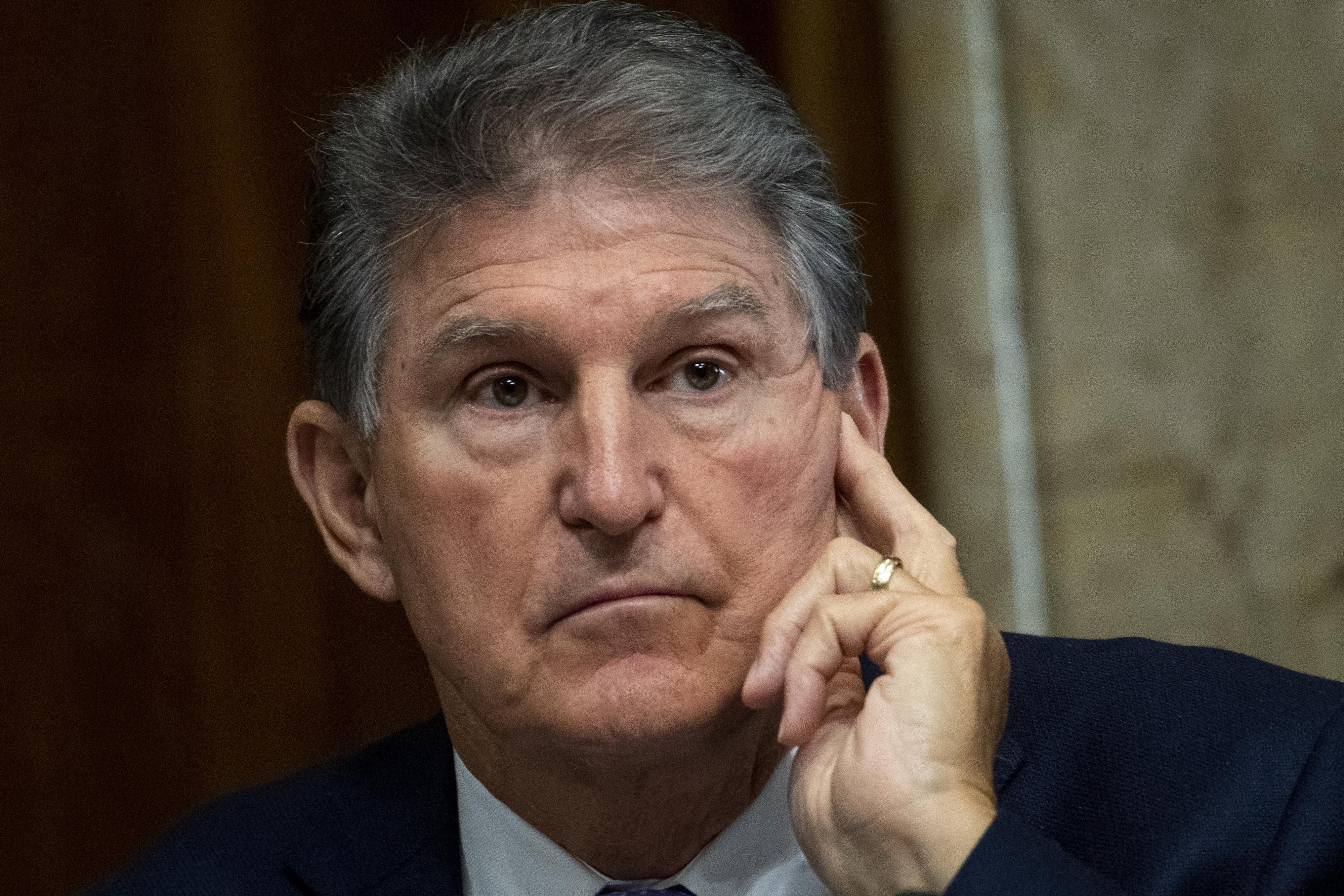Joe sinks Joe. It looks like US President Joe Biden has come to the end of the road with his $1.75 trillion Build Back Better Plan, now that Sen. Joe Manchin (D-WV) has announced flatly he’ll vote “no.” With the Senate split 50-50, Biden needs every Democrat vote in the chamber. The White House haggled with Manchin for months — “dancin’ for Manchin”, you might say. Biden even cut the proposed spending in half. But the moderate Manchin said he still “couldn’t get there” because of concerns about the deficit, and further stoking already high inflation. Republicans, of course, are ecstatic, because passing BBB is Biden's key pitch for Americans to vote for Democrats in next year's midterms and re-elect him (or another Democrat in his place) in 2024. It's not too late to reach a fresh compromise on the bill, but the longer the Dems keep squabbling, the longer their odds of retaining control of Congress next November.
More from GZERO Media
The death toll continues to rise in Myanmar after a devastating 7.7-magnitude earthquake struck near the central city of Mandalay on March 28. Approximately 1,700 people are dead and over 3,400 injured, with the US Geological Service estimating that casualties could top 10,000. Relief operations are further complicated by Myanmar’s ongoing civil war, though a two-week ceasefire was declared on Sunday.
Inside Elon Musk and DOGE's "revolutionary" push to reshape Washington, with WIRED's Katie Drummond
Listen: Elon Musk, the world’s richest man, made his fortune-breaking industries—space, cars, social media—and is now trying to break the government… in the name of fixing it. But what happens when Silicon Valley’s ‘move fast and break things’ ethos collides with the machinery of federal bureaucracy? On the GZERO World Podcast, Ian Bremmer sits down with WIRED Global Editorial Director Katie Drummond to unpack the implications of Musk’s deepening role in the Trump administration and what’s really behind his push into politics.
How long will President Donald Trump’s relationship with Elon Musk last? Ian Bremmer takes a look.
France's President Emmanuel Macron speaks during a press conference following a summit for the "coalition of the willing" at the Elysee Palace in Paris on March 27, 2025.
At the third summit of the so-called “coalition of the willing” for Ukraine on Thursday, French President Emmanuel Macron proposed a multinational “reassurance force” to deter Russian aggression once a ceasefire is in place – and to engage if attacked.
Last week’s arrest of Istanbul Mayor Ekrem Imamoglu sparked the largest anti-government rallies in a decade and resulted in widespread arrests throughout Turkey. Nearly 1,900 people have been detained since the protests erupted eight days ago.
An internal GOP poll found a Republican candidate trailing in a special election for a conservative-leaning district in Florida, forcing US President Donald Trump to make a decision aimed at maintaining the Republican Party’s majority in the House.
South Sudan's Vice President Riek Machar, pictured here addressing the press in 2020.
Alarm bells are ringing ever more loudly in South Sudan, as Vice President Riek Machar — chief rival to Prime Minister Salva Kiir — was arrested late Wednesday in an operation involving 20 armored vehicles at his compound in Juba. He was placed under house arrest, a move that is fueling fears that the country will soon descend into civil war.
Afghan Interior Minister Sirajuddin Haqqani, pictured here at the anniversary event of the departure of the Soviet Union from Afghanistan, in Kabul, Afghanistan, on April 28, 2022.
The Trump administration has dropped multimillion-dollar bounties on senior Afghan officials from the Haqqani network, a militant faction that carried out some of the deadliest attacks on American troops but has now positioned itself as a moderate wing within the Taliban government. But why?
Have you stayed atop GZERO’s news coverage this week? Here’s your chance to prove it.
